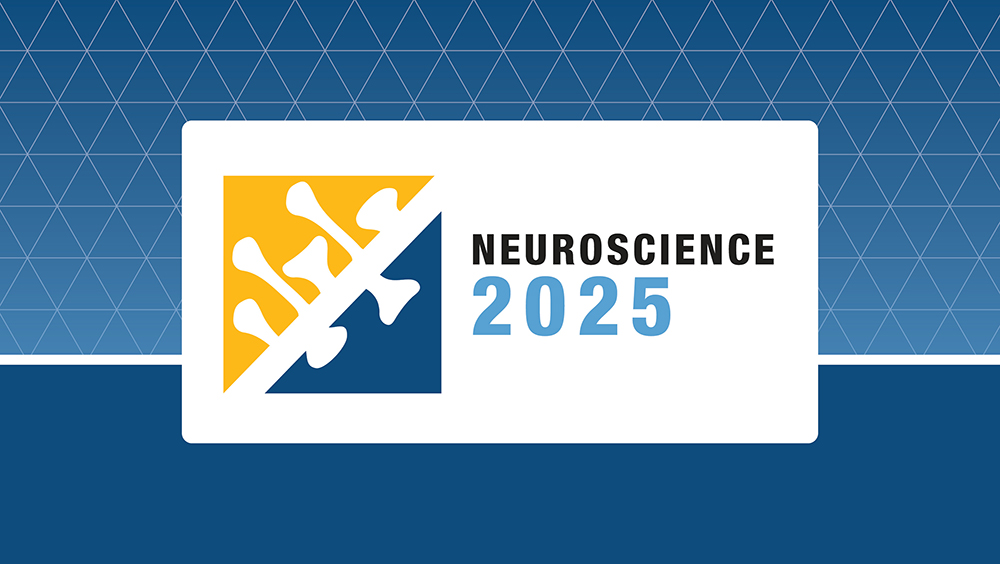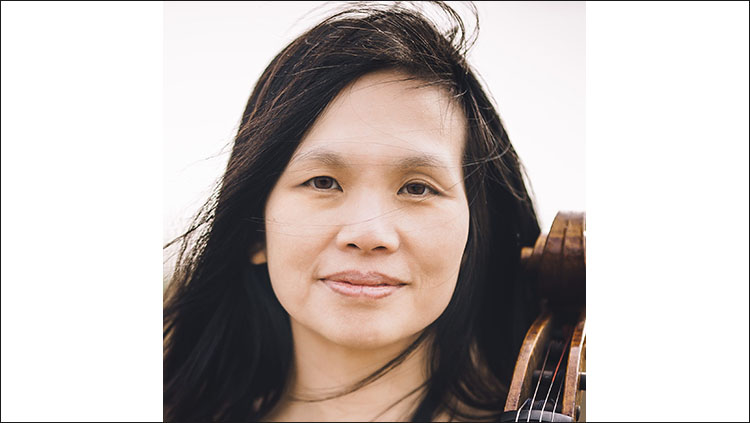Inside Neuroscience: Busting Myths About the Aging Brain
The human brain changes with age; older adults are slower to learn new tasks, and many show significant cognitive decline associated with dementia. But dementia is not destiny: recently published data from the Aging Demographics and Memory (ADAM) study show that the majority of adults maintain normal cognitive function into their 90s.
But what, exactly, is normal aging for the brain?
While research has consistently shown that certain risk factors such as lower education levels, smoking, hearing loss, and social isolation are associated with decreased cognitive function, the picture of exactly what healthy brain function looks like as the brain ages has remained elusive.
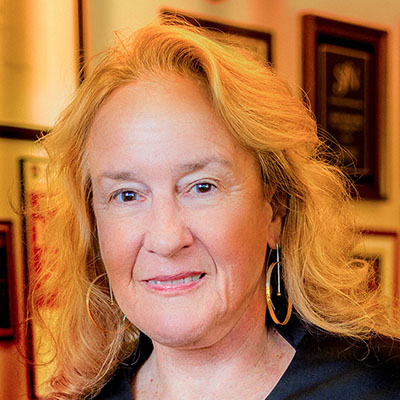
Carol A. Barnes
“The problem for this field is that, even now, there tend to be widely held, unsubstantiated beliefs… about different aspects of aging,” said Carol Barnes, director of the Evelyn F. McKnight Brain Institute at the University of Arizona. Properly structured and powered studies are necessary to probe these stereotypes, she added, which will help us understand how the healthy human brain functions in our 70s, 80s, and beyond.
At a Neuroscience 2024 press conference titled “A Roadmap for Healthy Brain Aging” moderated by Barnes, three researchers shared studies that probed brain aging myths, including how blood pressure relates to cognitive function, and patterns of learning across the lifespan.
The Blood Pressure Conundrum
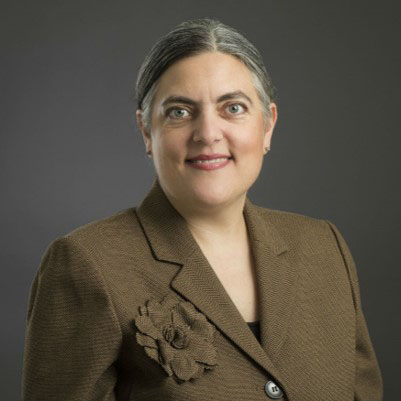
Zoe Arvanitakis
For many years, high blood pressure has been considered an important biomarker for aging. Many researchers have assumed that cognition might decline as blood pressure rises. But Zoe Arvanitakis, professor of neurology at Rush University Medical Center, thought the story might be more complicated than that.
In a longitudinal study that followed more than 4,000 men and women up to 31 years, Arvanitakis found key nuances in the blood pressure-cognition story. First, she found that the strongest connection was that a rapid decline in systolic blood pressure correlated with cognitive decline in women. It didn’t seem to matter whether blood pressure started high or low, just that it fell. Moreover, she found this connection held true only in women, but not for men.
“This study highlights that… longitudinal research over many years is really crucial,” said Arvanitakis. “We can’t just do cross-sectional studies to really understand these complex relationships” between blood pressure and cognition.
The study also evaluated several domains of cognition, including memory and perceptual speed. In women, but not men, blood pressure decline correlated with decreased function across all the cognitive domains that Arvanitakis tested.
“As the medical field moves more and more towards precision medicine, this study suggests tailoring blood pressure management in older women may be important for reducing the risk of cognitive decline and dementia,” she added.
Learning New Skills as We Age
The brains of the young are wired to learn quickly, soaking up information and new motor skills easily. And when given a bit of sleep and a chance to reinforce their learning, the young can rapidly take on new tasks. Classically, many scientists have found that we learn more slowly with age.

William Hayward
William Hayward, a neuroscientist at the National Institute of Neurological Disorders and Stroke, set out to understand how well people learn new skills across the entire lifespan. Specifically, he was curious about when the aging brain’s capacity for motor learning begins to decline.
He asked research participants to undertake a simple manual typing task, allowed them to rest overnight, and then asked them to complete the task again.
The first day, younger adults learned the task more quickly than the older cohorts. After overnight rest, the youngest cohorts retained the skill memory from the previous day and showed an additional increase in typing speed, while older age groups lost ground, and took time to catch up to where they had been the day before. Eventually, all age groups showed sustained improvement in the task.
“The amount of learning that takes place is reduced with age,” said Hayward. “But it’s not only happening in the oldest group,” he emphasized. “It’s actually happening starting in the 41 to 50-year-old age group.”
Hayward believes that consideration of this decline at midlife into older age has important implications for adults who suffer from stroke and require rehabilitation to relearn motor skills.
“We should think about learning and memory as something that varies with age,” Hayward said. “We should adjust rehabilitation strategies considering these differences.”
Information is its own Reward: Learning in Older Adults
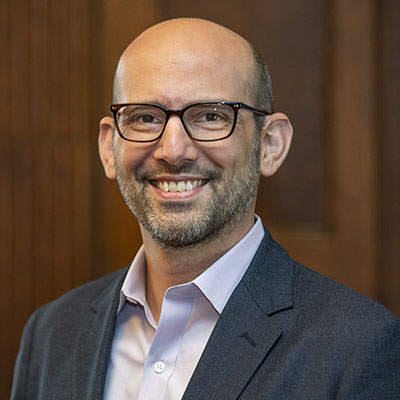
Akram Bakkour
While Hayward focused his work on motor learning, Akram Bakkour, assistant professor at the University of Chicago, has explored the strategies that young versus older adults use as they engage in learning. His studies have shown that older adults tend to use more efficient learning strategies.
“My job today is to tell the older adults in the audience how they are better than their younger counterparts,” Bakkour joked.
Many experiments that explore learning use a reward-based system, asking participants to earn money or another compensation for completing tasks. But Bakkour found a way to separate the reward-based behavior from information gathering in a “battleship” task, where participants needed to learn the shape of hidden objects using search patterns, and received rewards for selecting points within the hidden object.
In this experiment, the younger cohorts earned more rewards, but the older cohorts employed strategies that allowed them to gather information about the shape of objects more quickly — in effect, prioritizing information over rewards.
“Many traditional feedback-based learning studies would have just concluded that older adults are worse,” Bakkour said. “But we show that despite earning fewer rewards, older adults are learning, demonstrating faster learning than the younger adults.”
The panelists agreed that maintaining healthy cognition into our later years is key for quality of life.
Whether it’s encouraging greater educational attainment early in life, reducing cholesterol in midlife, or engaging in social activities in later years, the presenters emphasized that we can reduce risk of cognitive decline as we age.
In addition to a search for dementia treatments, “it is also critical to find ways to optimize brain and cognitive health in normative aging,” said Barnes.






